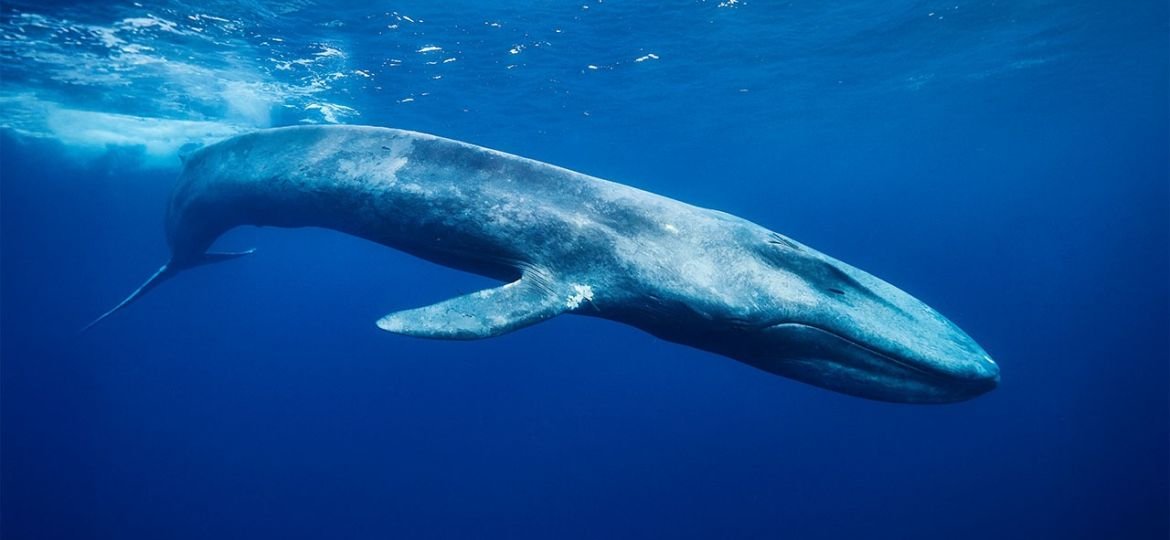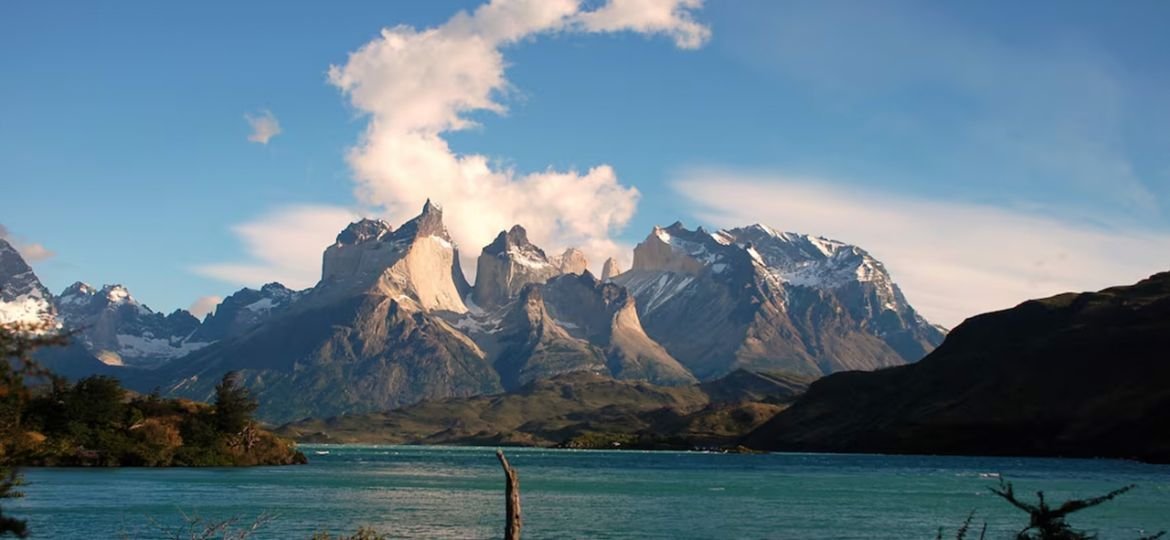The 26th Conference of the Parties to the United Nations Framework Convention on Climate Change (COP26) will be held in Glasgow, Scotland, from November 1 to 12.
At this conference, the main reports on Climate Change, from an environmental, social, cultural, economic, or institutional perspective will be presented in the Science Pavilion.
For the first time in the history of the United Nations, this pavilion, jointly organized by the United Nations Intergovernmental Panel on Climate Change (IPCC); the World Meteorological Organization (WMO); the Foundation Prince Albert II de Monaco; the Monaco Scientific Center; and MERI Foundation, will be held in a hybrid format with on-site and virtual guests.
MERI, together with CNN Chile, will broadcast this event live, as well as all the details of this important international meeting that seeks to reach a consensus on political climate agreements in the face of a global emergency.
COP26, which is less than a month away, has been classified by many as “the last hope.” Its aim is to bring the world out of the current “Code Red” status, by limiting the global temperature increase to 1.5°C. To succeed, efforts must focus on drastically reducing greenhouse gas emissions and favoring mitigation solutions, particularly those linked to blue carbon, whether natural or man-made.
To this end, world leaders, public and private decision-makers, scientists, and representatives of civil society, including MERI Foundation, will address the main challenges of climate change at this conference, which will also include the 15th meeting of the parties to the Kyoto Protocol (CMP16) and the second meeting of the parties to the Paris Agreement (CMA3).
A key event within COP26 will be the Science Pavilion, organized in partnership by the United Nations Intergovernmental Panel on Climate Change (IPCC); the World Meteorological Organization (WMO); the United Kingdom Met Office; the Foundation Prince Albert II de Monaco; the Monaco Scientific Center; and MERI Foundation.
“Nine themes will define the contents to be addressed during the two weeks at the Pavilion: Finance; Energy; Youth Leadership; Nature-Based Solutions; Adaptation; Gender; Science and Innovation; Transportation; and Cities, Regions, and Built Environments,” said Patricia Morales, CEO of Filantropía Cortés Solari.
Other speakers in the Science Pavilion will include Thelma Krug, Vice Chair of the IPCC; Soledad García, OAS High Commissioner; Ernesto Sánchez, representative of the World Bank; María Purificación Neira González, Director of WHO’s Department of Public Health and Environment; Waldemar Coutts, Director of Environment and Maritime Affairs of the Ministry of Foreign Affairs of Chile; and Francisca Cortés Solari, Executive President of MERI Foundation, among others.
“This COP is essential in light of the latest IPCC report, which reminds us that the damage is irreversible without urgent and drastic measures. The call is for the economy to dialogue with the environment, advancing in investments for carbon neutrality,” added Patricia Morales.
Workshop in Monaco … Towards COP26: the Importance of the Oceans
Between October 12 and 14, MERI participated and presented at the 5th International Workshop “Bridging the Gap Between Ocean Acidification Impacts and Economic Valuation”, organized by the Monaco Scientific Center, together with IAEA-EL (International Atomic Energy Agency) and CEMAFI (Center for Studies in Macroeconomics and International Finance) and the Foundation Prince Albert II de Monaco. 30 world-class specialists in the fields of economics, social sciences, and earth sciences participated in this meeting in Monaco, despite the remaining travel restrictions, to exchange and generate joint multidisciplinary knowledge. The focus was on climate change mitigation, scientific dissemination, and dialogue between the economy and the environment.
“The ocean regulates our climate and protects us from climate change by absorbing our excess heat and more than a third of our CO2 emissions,” Francisca Cortés Solari, Executive President of MERI Foundation, pointed out.
The oceans account for more than 60% of the world’s GDP, mainly due to extractive and highly polluting industries.
“We need to preserve and value marine ecosystem services in order to quantify the environmental and economic damage caused by certain industries and promote new ones linked to the blue economy,” concluded Patricia Morales, CEO of Filantropía Cortés Solari.





